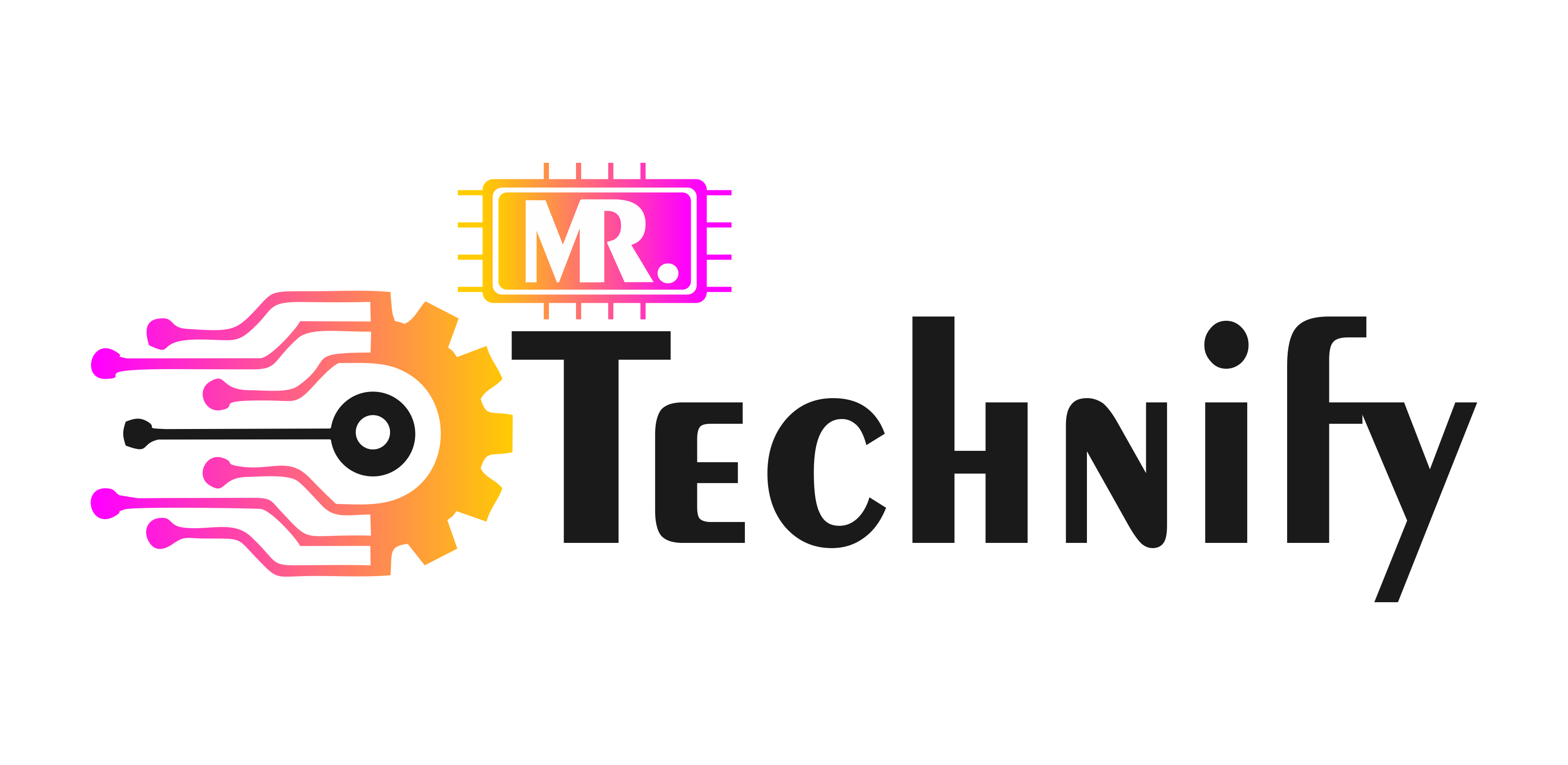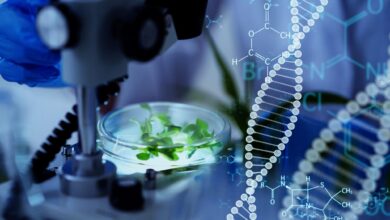Introduction
Why, in a time when technology dominates every part of our lives, should farming be left behind? The development of smart agriculture will completely alter how we produce food. But what is it exactly? Explore the realm of smart farming and learn how it is influencing our future.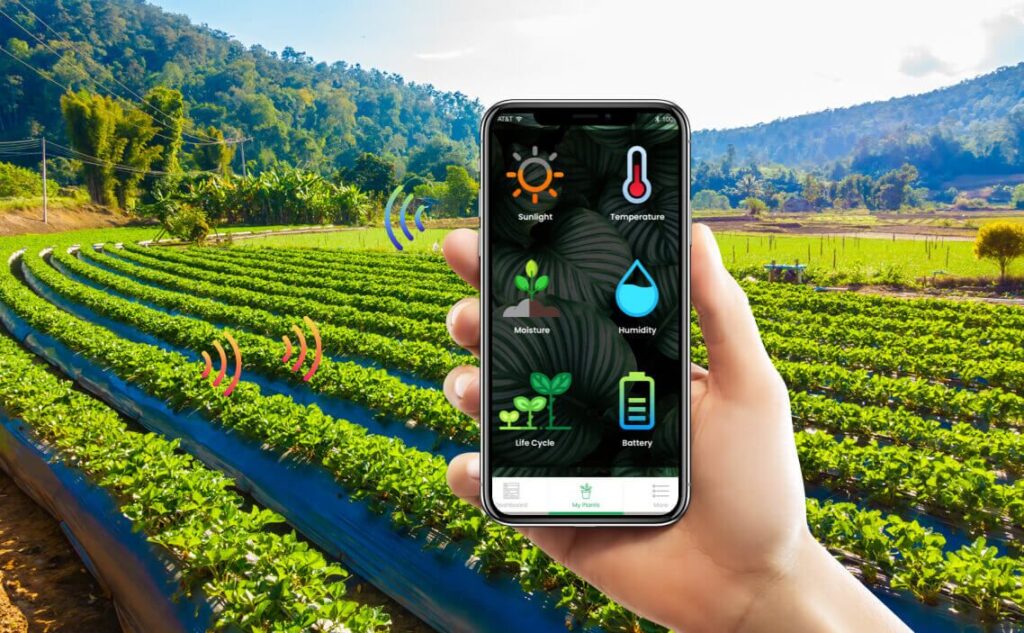
Evolution of Agriculture
-
Traditional Agriculture
Remember the good old days when farming was all about manual labor and simple tools? That time has passed. The need for food is increasing along with the global population.
-
Modern Agricultural Techniques
Technology has infused agriculture with new methodologies. From genetically modified crops to advanced irrigation systems, the face of farming has changed.
Benefits of Smart Agriculture ( Smart Farming)
-
Efficiency and Sustainability
Why waste water and resources? With Modern agriculture, everything is used to its maximum potential. We’re creating a sustainable future by optimizing water usage and crop yield.
-
Data-Driven Decision Making
Imagine knowing exactly when and where to plant your seeds. With data analytics, farmers can make informed decisions that lead to better results.
-
Environmental Impact
Environmental conservation is no longer a choice; it’s a necessity. Smart farming raises the plate, reduces pollution, and conserves natural resources.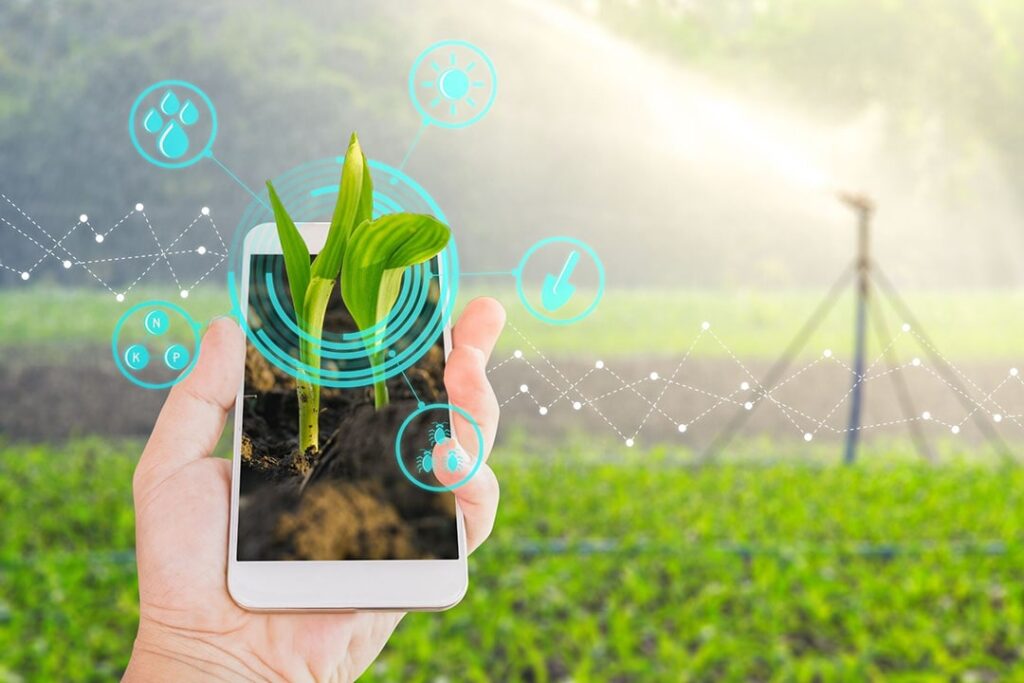
Technologies in Smart Agriculture
-
Internet of Things
Internet of Things is like a conductor orchestrating a symphony of connected devices. It’s turning the farm into a hub of information where everything is connected, streamlined, and efficient.
-
Artificial Intelligence and Machine Learning
Are robots taking care of your farm? Artificial Intelligence and machine learning are now integral parts of modern agriculture.
-
Drones and Automated Machinery
Drones flying over fields to monitor crops, automated tractors plowing the land – welcome to the new age of farming!
Challenges and Solutions
-
Security and Privacy Concerns
With all this technology, how safe is our data? Security is a top concern, but with the right measures, it’s manageable.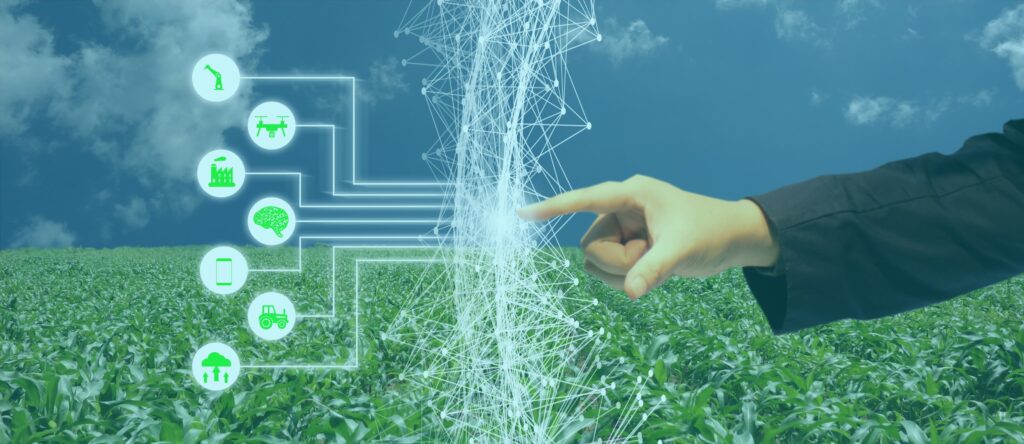
-
Education and Training
Implementing new technology means learning how to use it. Education and training are essential to make Modern agriculture accessible to all.
-
Case Studies of Successful Implementation
From small family farms to industrial giants, smart agri is a game-changer. These success stories are a testament to its potential.
Conclusion
The future of farming lies on smart agriculture, which is more than simply a passing fad. We are establishing the groundwork for a sustainable and prosperous agriculture economy by using new technologies and procedures. Are you prepared to join this revolution?
FAQs for Smart Agriculture: From Tradition to Modern Efficiency
How does Smart Agriculture benefit the environment?
It helps in conservation of water, reduction of pollution, and efficient use of resources, contributing to environmental sustainability.
Can small farms implement Smart Agriculture?
Yes, there are scalable solutions available to suit farms of all sizes.
Is Smart Agriculture expensive to implement?
While the initial cost can be high, the long-term benefits often outweigh the expenses.
Where can I learn more about Smart Agriculture technologies?
Universities, agricultural extension services, and technology companies offer training and resources on Smart Agriculture.
Rate our article (Smart Agriculture: From Tradition to Modern Efficiency)How much do you like our article
